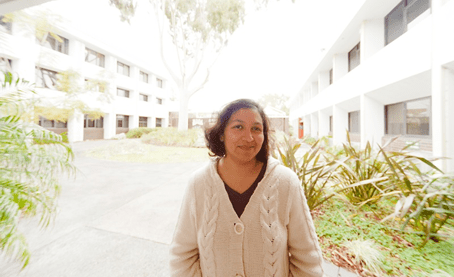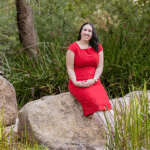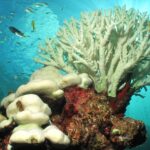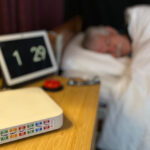Acknowledging the use of bush medicine would be one way to improve treatment offered to Aboriginal people, says a Curtin University researcher who aims to make tomorrow better by bridging the gap between health professionals and their Indigenous clients.
 Use of bush medicine in treating cancer among Aboriginal people in Western Australia – by Curtin University Centre for International Health researchers Shaouli Shahid, Ryan Bleam, Dawn Bessarab and Sandra Thompson – noted that using traditional medicines often gave peace of mind to Aboriginal people.
Use of bush medicine in treating cancer among Aboriginal people in Western Australia – by Curtin University Centre for International Health researchers Shaouli Shahid, Ryan Bleam, Dawn Bessarab and Sandra Thompson – noted that using traditional medicines often gave peace of mind to Aboriginal people.
Dr Shahid told Curtin News that health practitioners needed to talk more with their Aboriginal patients and know about their use of bush medicine.
“Sometimes the practitioners do not have enough understanding,” Dr Shahid said.
“Society is becoming more accepting about the use of complementary and alternative medicines, but not necessarily about Aboriginal bush medicine and traditional healing.
“The consequence is that many Aboriginal patients decide not to use Western medicine, often without letting their health practitioners know, which the practitioner often interprets as Aboriginal patients being non-compliant with the treatment.”
This is a problem in cancer treatment, where Aboriginal people who have the disease are twice as likely to die from it as non-Aboriginal Australians.
Dr Shahid – a research fellow at the WA Centre for Cancer & Palliative Care – said bush medicine was commonly used, not just by Aboriginal people from remote or rural areas but also by Aboriginal people living in metropolitan Perth.
“Even though we presume that this person, because they live in the city, is leading a life like most other people, they may still have that connection with the land and sometimes they make the decision to use and rely upon those traditional medicines,” she explained.
“Service providers who have worked in remote and rural areas appear to understand this more because they more commonly see people who are using complementary and traditional medicines.”
Aboriginal people from Perth, and rural and remote Western Australia, participated in the study.
Many respondents said bush medicine helped reconnect them with their heritage, land, culture and spirits of their ancestors.
However, Dr Shahid said practitioners usually delivered services from a purely biomedical perspective, neglecting psycho-social and spiritual elements important to Aboriginal people. This had negative consequences for the patients’ overall health.
Respondents who had used bush medicines saw them as a way to cope with the stress of cancer.
One man described one medicine as a bush or root that had been boiled up and had a ‘barky’ taste. He said it was a cleanser that made organs healthy and strong by ridding the body of internal stress.
Many respondents said it was hard to get bush medicine because most traditional healers lived in rural and remote areas. Some said they wanted to use bush medicine but did not know how and where to find a traditional healer.
An Aboriginal medicine man was among several respondents to advocate the complementary use of bush medicine alongside Western medicine.
“If it worked … if either one (white-men medicine or the black-men medicine) [worked] that is good because it gives you a chance,” the man said.
The study noted it was valuable for practitioners to know if their patients were taking bush medicine because of the potential risks of using it alongside Western medicines.
Dr Shahid is now recruiting health professionals to help develop a protocol to help practitioners better engage with Aboriginal clients.
She hopes that professionals in the cancer and palliative care areas – including oncologists, social workers, Aboriginal liaison officers, health workers, radiation oncologists, general practitioners and other allied health professionals – will volunteer.
Interested practitioners can get in touch by calling Dr Shahid on (08) 9266 1755 or emailing S.Shahid@curtin.edu.au
PHOTOGRAPHY: SAM PROCTOR



